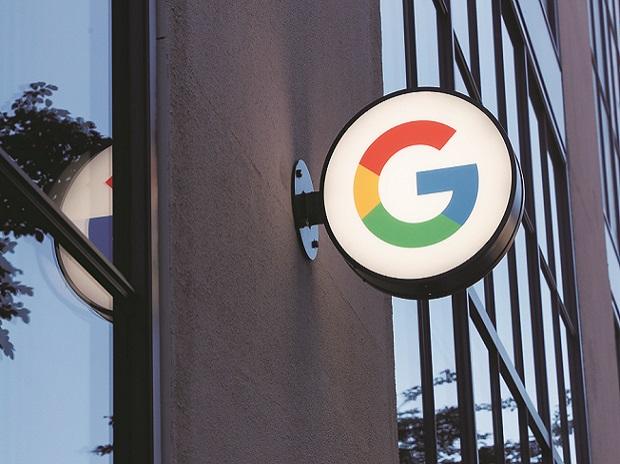Google's 'castle And Moat' Strategy Is Data Hegemony: CCI Tells NCLAT

Fair trade regulator CCI on Thursday alleged that Google has created a digital data hegemony and called for a market space with "free, fair and open competition".
Concluding the arguments of the Competition Commission of India (CCI) before the appellate tribunal NCLAT in the Google matter, Additional Solicitor General N Venkataraman said a market with greater freedom for all players would be in total sync with principles of free competition rather than the 'walled garden' approach of the internet major.
On October 20 last year, the CCI slapped a penalty of Rs 1,337.76 crore on Google for anti-competitive practices in relation to Android mobile devices. The regulator had also ordered the internet major to cease and desist from various unfair business practices.
This ruling has been challenged before the National Company Law Appellate Tribunal (NCLAT).
On Thursday, Venkataraman submitted that Google had used its money-spinning search engine as the 'castle' and the rest of the other apps to play the defensive role of 'moat'. This 'castle and moat' strategy is data hegemony, which means a big market player tends to get bigger and bigger while a small entrant struggles to attain a critical mass of users and user data.
According to him, data capture and data deployment are getting exploited and monetised as advertisement revenues. When the choice is the guiding principle of the competition law, Google's hegemony reduces both choice and competition.
Venkataraman emphasised that implementation of the remedies made by the CCI would go a long way towards having a market with greater freedom for all players, which would be in total sync with the principles of free competition rather than the 'walled garden' approach of Google.
The abuse of dominance by Google stands proved in every criteria laid under Section 4 of the Competition Act in terms of mandatory pre-installation, premier placement and bundling of core apps. Such practices result in the imposition of unfair conditions and supplementary obligations, he said.
He also pointed out that the tying of apps had enabled Google to use its dominant position in one relevant market to enter into and protect other relevant markets.
In his submissions, Venkataraman mentioned that large data gateways like GST and UPI, which has data on crores of persons and entities, are run for the public good by public institutions.
However, when it comes to private entities, engaging in a digital business where there is a steady unstoppable flow of data and traffic, the same gets resourcefully calibrated to the sole benefit of these entities. The competition law is one important pillar in the democratisation of data and in achieving the objective of the greatest good for the greatest number, he argued.
The NCLAT started its hearing in the Android matter on February 15, following a direction of the Supreme Court. The apex court had directed the NCLAT to decide the appeal by March 31.
On January 4, a separate bench of the NCLAT issued a notice over Google's plea, directing it to pay 10 per cent of the Rs 1,337 crore penalty imposed by the CCI. It had declined to stay the CCI order and put the matter for a final hearing on April 3, 2023.
This was challenged by Google before the Supreme Court, which also declined to stay the CCI order but directed the NCLAT to decide on Google's appeal by March 31.
(Only the headline and picture of this report may have been reworked by the Business Standard staff; the rest of the content is auto-generated from a syndicated feed.)
Stablecoin The Future Of Currency?
The payments system is undergoing a quiet but consequential shift. What was once the exclusive preserve of central banks... Read more
BoE Loosens Capital Rules
The Bank of England has taken a significant step towards easing post-crisis regulation by lowering its estimate of the c... Read more
Monzo Looks For US Banking License
Monzo is preparing a renewed push to secure a US banking licence, four years after abandoning its first attempt when tal... Read more
Crypto Firms Push Into US Banking
America’s cryptocurrency companies are scrambling to secure a foothold in the country’s traditional banking system, ... Read more
Parallel Banking: Stablecoins Are Now Global
Parallel Banking: How Stablecoins Are Building a New Global Payments SystemStablecoins—digital currencies pegged to tr... Read more
JPMorgan Deploys AI Chatbot To Revolutionize Research And Productivity
JPMorgan has deployed an AI-based research analyst chatbot to enhance productivity among its workforce, with approximate... Read more

